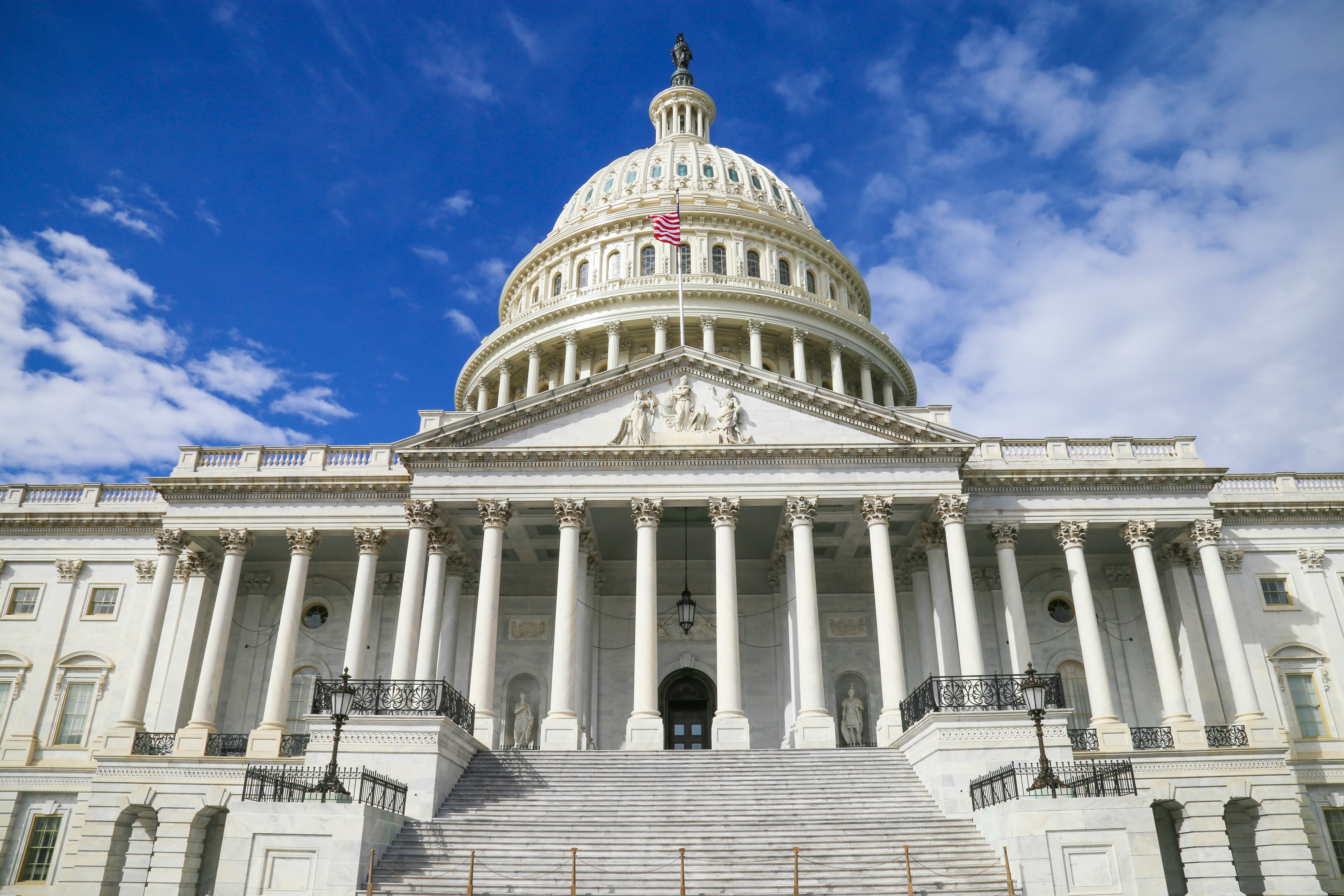For older, and even younger, CPAs and accountants, taking on clients who grow and/or sell marijuana (Cannabis) may seem like the very last niche industry you would have considered for your practice. Yet, no matter how you personally feel on the subject, the reality is that legal Cannabis is becoming a booming business, ripe with opportunities for an accounting practice to work and consult with businesses in the marketplace on a full range of tax, sales tax, accounting, audit and workflow issues.
Consider this. Today, 23 states and the District of Columbia allow medical marijuana use. Currently, Washington, D.C. and four states – Alaska, Colorado, Oregon and Washington – legalize it recreationally … and that seems to be just the beginning.
As you can see by this chart put together by Policy.Mic from a CNN/ORS survey poll (pdf), marijuana is being supported now more than ever. Proponents are pushing ballot initiatives in the near future (as of this writing) in Arizona, California, Maine, Massachusetts, Minnesota and Nevada, and legislative efforts are alive in Delaware, Hawaii, Maryland, New Hampshire, Rhode Island, Texas and Vermont, according to Joseph Henchman’s article at the Tax Foundation. The article went on to state that Joe Brenzy, of the Nevada Cannabis Industry Association, believes 25 states will have legal retail marijuana sales within five years. He supports his claim by stating that proponents have the resources to bypass legislators and go straight to the votes.
The reality is that if you work in these states, you may likely have clients in this business, sooner or later. Here are some statistics:
- Legal Marijuana is the fastest-growing business in the United States, expecting to generate $10.8 billion in sales in 2019, a huge increase from $2.7 billion seen in 2014. (Source: ArcView Market Research).
- Colorado’s legal marijuana market reached $203 million during the first four months of 2014 (Source: Business Valuation Resources).
- According to the same study, big players are making their mark and conducting a commercial, professionally run operation, with warehouses of up to 50,000 to 60,000 square feet of plants, with 50 or more employees watering the plants and giving them nutrients.
- The estimated annual revenue California would raise if it taxed and regulated the sale of marijuana is $1.4 billion (Source: Drug Policy Alliance).
- If Cannabis is legalized at the Federal level by 2020, revenues could reach $35 billion, more than three times that of the NFL (Source: Greenwave Advisors report).
It’s important to note that the treatment of medical marijuana and legal marijuana varies by state. For an overview of Washington, D.C. and the four states that legalize marijuana, take a look at the following:
Washington, D.C.
According to Initiative 71, adults ages 21 and older can have two ounces or less of marijuana on them; share one ounce or less with someone at least 21 years old so long as there are no money, goods or services changing hands; grow as many as six marijuana plants, but have no more than three mature plants, in their primary home; and use marijuana on their private property.
Also, under the law, residents of Washington, D.C. are not allowed to smoke or consume marijuana in public space, including restaurants, bars, coffee shops or any Federal property. In addition, public housing tenants cannot smoke it in their homes because the units are government owned.
However, Congress stepped in, making it illegal to sell or tax marijuana in public. For now, it can only be grown or consumed in private homes, following the initiative 71 laws. Here’s a USA Today story about this.
Alaska
If you are 21 or older, you can legally have up to an ounce of marijuana on you, grow up to six marijuana plants in your home and keep any additional marijuana produced from those plants. Businesses selling legal recreational marijuana in Alaska aren’t likely to open until 2016, after a regulatory system is put into place by the state legislature.
As you can see in these projections by the Marijuana Policy Group in their report, sales are projected to increase every year, while the price per gram goes down each of those years.
Colorado
Legal recreational marijuana went into effect in 2012 in Colorado. According to this Tax Foundation article, the tax structure is as follows: 15 percent excise tax on the “average market rate” of wholesale marijuana, plus a 10 percent state tax on retail marijuana sales, plus the state sales tax of 2.9 percent, plus local sales taxes, plus local marijuana taxes. In Denver, for example, the local marijuana tax is 3.5 percent, so a $30 eighth of pot (1/8 oz.) will have about $8.59 in taxes tacked onto it, or about a 29 percent overall tax rate.
The article goes on to state that in the first six months, legal retail marijuana sales amassed $21.8 million in tax revenue, as well as $10.1 million in taxes on medical marijuana in that same timeframe.
Oregon
In Oregon, adults 21 or older can possess up to an ounce, or roughly 28 joints, in public, as well as eight ounces in their homes. And, according to an article, Oregon marijuana will be grown, processed and sold sometime in 2016 at facilities that are licensed, regulated and inspected by the state.
Washington State
Like Colorado, Washington State also saw legal recreational marijuana go into effect in 2012. Their taxes are heftier, with a 25 percent tax on producer sales to processors, another 25 percent tax on processor sales to retailers, and a further 25 percent tax on retailer sales to customers. Add to this the state Business & Occupation (B&O) gross receipts tax, state sales tax of 6.5 percent and local sales tax. This results in a total effective tax rate of about 44%, according to Moody’s. The tax foundation article highlighted the quick gains generated from legal Cannabis in Washington, as well as astounding projections for future years:
- In the first month, there were $3.8 million in sales and around $1 million in tax revenue.
- The Washington State Liquor Control Board, in charge of the program, estimates that marijuana tax revenue for the 2015-17 will hit $122,459,893, and $336,898,396 for 2017-19.
Creating a Niche Practice
This remarkable growth in the Cannabis industry is creating new doors for accountants, according to Rick Telberg’s CPA Trendlines article. The article highlights some of the many areas CPAs and accountants can help in this industry, including bookkeeping, internal control, tax accounting and preparation, management, holding companies, and general business council. The article also offers questions to ask and issues to address when it comes to having clients in the legal marijuana business.
Telberg touches on three opportunities of the business, where accountants are needed right away. First, these businesses are new, making a valuation paramount for purposes of sale. Second, with these businesses being locally legal in some states but federally illegal overall, legality is a big issue. Therefore, banks, investors, buyers and other stakeholders need an accurate estimate of the value of the business, an area that calls for your skills and expertise. Third, the people who run and own the businesses need assistance when it comes to calculating their values, so they need business consultants who can help them with this.
With opportunity and growth comes risks, complexities and more. You will need to decide if working in this industry is practical for your practice, of course, but if you have a niche practice like this, is it going to be good for referrals to and from other clients? As evidenced by the statistics and state-by-state explanations in this article, it is perfectly legal.
—————-
Webb Stevens is head of Product at Avalara. With more than 12 years’ experience in the finance industry, he is recognized for his ability to build relationships, analyze information and develop new opportunities. On weekends, you’ll find Webb competing in ultra-endurance challenges. Contact him at webb.stevens@avalara.com.
Thanks for reading CPA Practice Advisor!
Subscribe Already registered? Log In
Need more information? Read the FAQs
Tags: Income Taxes, Legislation




